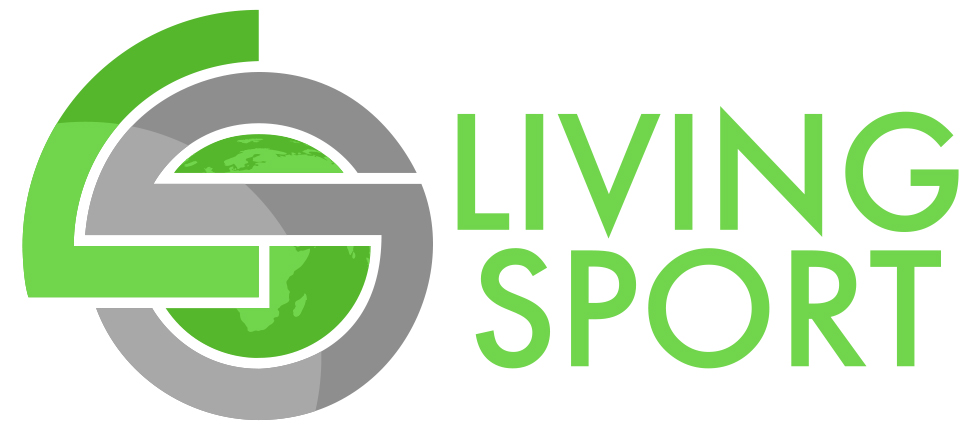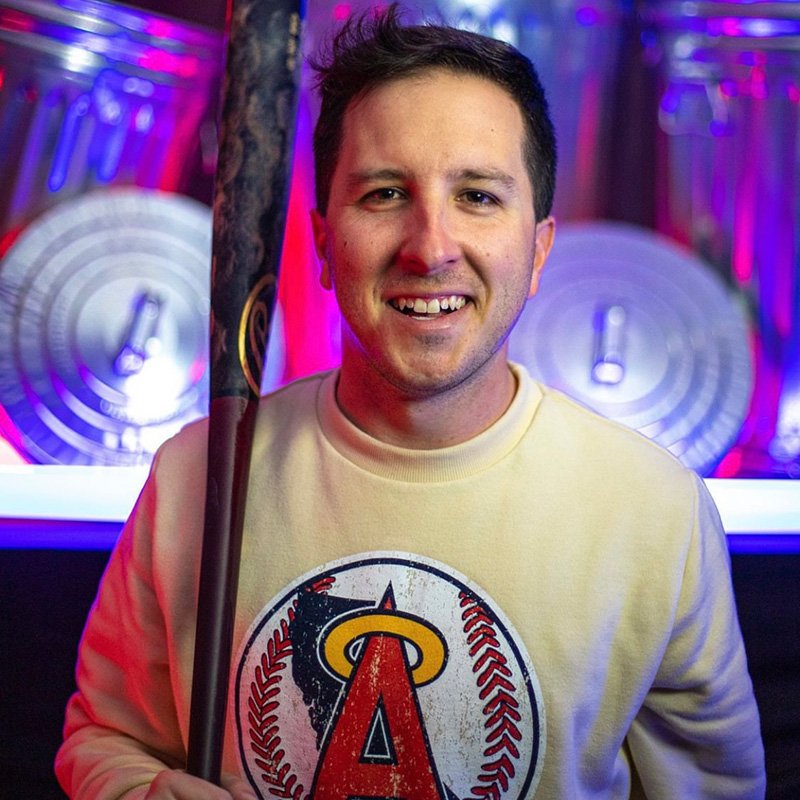“You could turn King's Landing upside down and not find a single man with a mockingbird sewn over his heart, but that does not mean I am friendless.”
- Petyr speaking to Sansa Stark in A Storm of Swords. Chapter 68. Sansa VI.
So we should all be a bit more like Littlefinger, just without all the unsavory bits. We should seek out relationships and acquaintances, value knowledge, put ourselves in a position to be a resource for others and have a plan.
----------
“A dream written down with a date becomes a goal. A goal broken down into steps becomes a plan. A plan backed by action makes your dreams come true.” (10)
Goals and a plan are paramount (11) to direct your future. This will not only help you build your network but also efficiently use your most valuable resource, time. A plan prioritizes your time and will help you get the most out of your relationships and acquaintances as well as letting others get the most out of you. It also ensures that your networking is genuine and focused (12). You will then put forth the effort to learn and understand the needs of others. You can then be proactive and help others achieve their goals through various little and big favors, for close relationships and acquaintances alike.
FOOTNOTES
(10) A quote from Greg Reid, author of Wealth Made Easy.
(11) Seriously follow Greg Reid’s advice and write down your goals and plans as well as a timeline then refer back to them.
(12) If you’re phony or driven only by selfish needs, you will be sought out eventually à, la Littlefinger.
____________________________________________________
Now networking isn't done on a quid pro quo basis. But if someone doesn't know what your goals are, then how can they repay you? So, make sure your goals and needs are clearly communicated. If you are genuine in your own actions, then you will reap the benefits, be it next week, next month, or next year.
You also can't put all your eggs in one basket, you need a variety of connections. Take note that in addition to the word “relationships” I use the word “acquaintances”. This is because “weak ties (acquaintances) can offer strong rewards,” according to writer Allie Volpe and some other very smart people.
“Not only can these connections affect our job prospects, they also can have a positive impact on our well-being by helping us feel more connected to other social groups, according to (sociologist) Dr. (Mark) Granovetter’s research”.
I won’t steal any of Ms. Vople’s thunder, so go read her New York Times article for more great advice on developing relationships. (13) But the idea is that we can cultivate positive outcomes from the many “low-stakes” acquaintances we already have with just a bit more effort. You never know who knows who or what. So just ask!
Additionally, it's a way to practice… I’m talking about practice… your networking skills. Just by chit chatting a bit more often with a co-worker, a neighbor, or your bartender (must be 21 to drink kids) - basically anyone can help you become a bit more outgoing, learn to read and use body language, develop listening skills, asking thoughtful questions, and expand your knowledge base and network.
----------
“This is what I heard, this is what I think, and here’s what we’re going to do.” (14)
In closing, I’m going to steal from, Kevin Plank, and the “three statements” he uses to run Under Armour.
FOOTNOTES
(13) Seriously read this article. It's full of gold… “Why You Need a Network of Low-Stakes, Casual Friendships”… https://www.nytimes.com/2019/05/06/smarter-living/why-you-need-a-network-of-low-stakes-casual-friendships.html
(14) “I firmly believe that people don’t work for companies, they work for people.” Sounds like Plank is a fan of networking. Check out, Suzy Welch’s short interview with the CEO… https://www.linkedin.com/pulse/thrive-under-armour-you-have-answer-kevin-planks-three-suzy-welch/
____________________________________________________
What (We) Heard:
What (We) Think:
What (We’re) Going To Do:
Write down goals and develop a plan
Every Friday, when folks are in a good mood and not so busy, send out an email and/or LinkedIn request to them asking for help and advice
Build more low-stakes relationships by simply starting more conversations every day
Dare greatly.
















